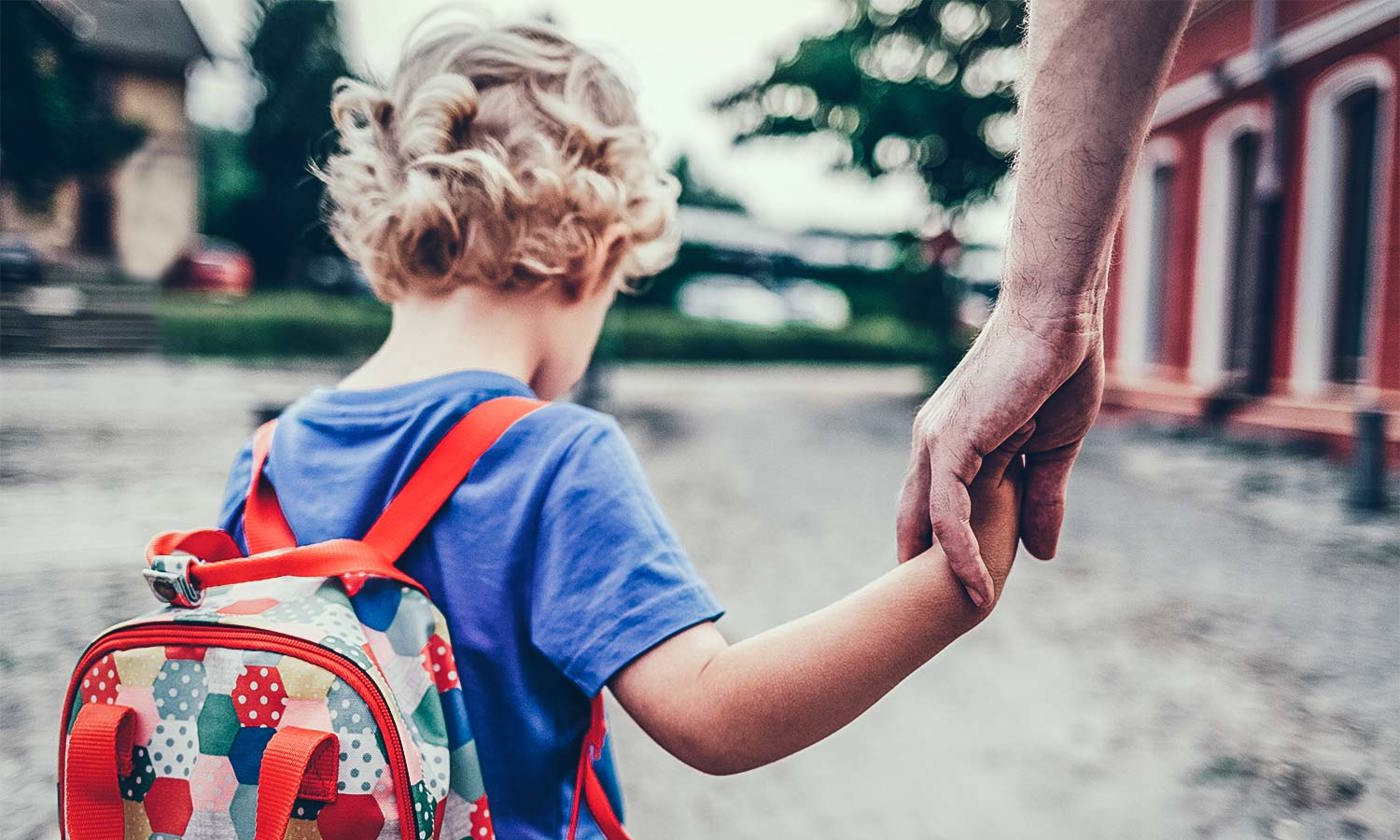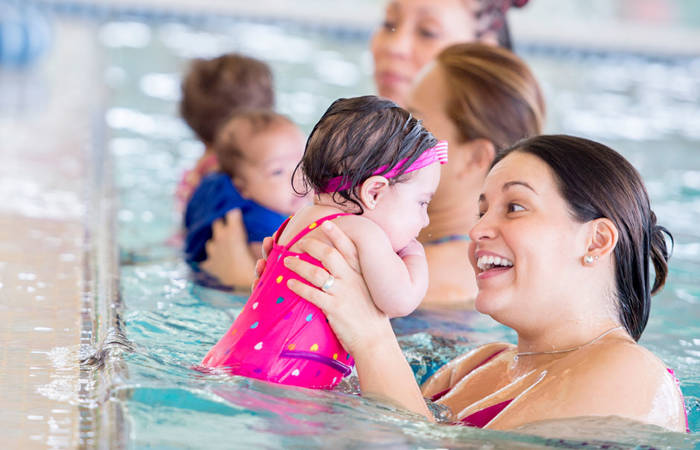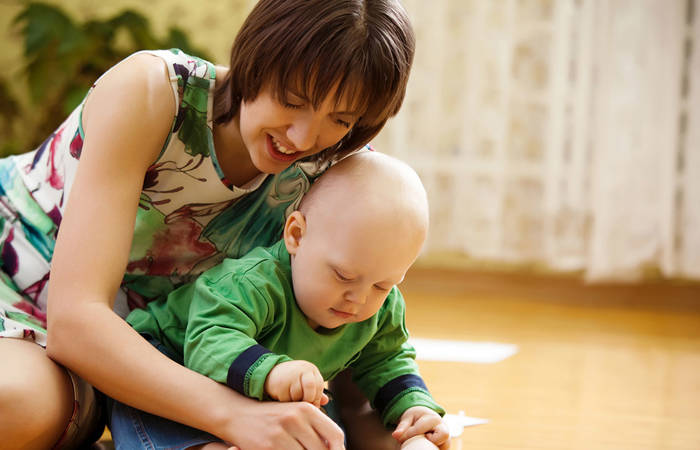Like what you see?
Sign up to receive more free parenting advice.
Thank you for subscribing to our newsletter!
Early Learning

Credit: iStock.com/Kikovic
Nurturing a love of learning should be one of a parent’s greatest goals, and then encouraging children to talk with passion about what they’ve learned is one sign of that success. But the learning trajectory begins well before children enter school.
Parents play a critical role in providing learning opportunities at home and in linking what children learn with what happens in the world around them.
By sharing their own enthusiasm for learning and facilitating diverse learning experiences and activities outside the formal early learning environment, parents are an important factor in children’s overall education.
The literature supports the view that parents’ attitudes and behaviours in relation to their children’s education has a valuable impact on student learning and educational outcomes.1
"It's all about positive engagement and making sure a child knows that their education and learning is not only supported but they have everything they need to learn and grow," says Lyn Hughes, CQUniversity Early Childhood / Primary Education lecturer.
With CQUniversity colleagues, Dr Gillian Busch and Dr Angelina Ambrosetti, Ms Hughes asserts the need for positivity and encouragement, as well as the ability to be aware of – and question – the cultural predispositions to scoff or speak negatively about school.
She said it also came down to a careful balance between caring and not caring too much.
"It's just about caring for our children, valuing them and valuing their education," Ms Hughes said.
"If we take that view, and we love them and see the value of education, the next steps are going to be easier."
So what are the practical things parents can do to support their child's learning journey and show them their education matters?
- Ensure children have what they need:
Whether it’s a hat or a water bottle, the right books or colouring pencils, a cut lunch or reading folder - making sure children have everything they need and the boxes ticked before they head off to school, kindergarten or their early learning centre will give the child peace of mind and lend to the significance of the activity. It will reduce the child's anxiety and show they – and their education – is valued. - Talk with your child and find out how their day was:
Talk with your child about playmates, ask about their teachers and carers, ask about the learning and the social aspects of their day. Validate their day and the activities they enjoyed by talking about them in a level and equal manner. This is also a great chance to celebrate their accomplishments and help them manage their disappointments. - Do your homework:
That doesn't mean doing theirs. But it does mean sitting down with your child and working with junior readers, show and tell projects, class talks or special event preparation. Helping your child with homework and reading with them (as well as too them) is an important means of identifying strengths and issues which can be communicated with their educators and carers. - Attend community events and activities:
Your local library and various community groups will have some wonderful activities for you and the kids to go along to. These are heaps of fun, but they're also an extension to your child's learning and by taking part in the activities with them, they feel like what they're doing is important and that it matters. The fact you are taking the time to engage with them, play and learn and explore, that is a powerful way of connecting and reinforcing the positive message around their education. - Read together:
This goes beyond the homework. Reading together each and every night helps develop and extend language and their reading skills. Importantly, though, it is a way of connecting with the story by responding to the story and pointing out the connection between that story and their life. This adds meaning and the connection reinforces the positive effects of learning and the good feeling the child gets from understanding and seeing their own progress. - Communicate:
Have an open and clear line of communication with your child's carers and educators. Together you have the opportunity to help shape your child's future and mould a lifelong learning pathway. Educators are trained to know when something is up – and not just with the kids. Be open and honest. This is a wonderful source of information and support – another part of your village. Clear lines of communication and the ability to speak openly about your child's development, as well as any issues or events which might have an impact on that (for better or worse), are critical in ensuring any issues are dealt with effectively. It also shows your child they are part of a nurturing and loving team – all working positively for them and their learning.
"All of this comes back to the relationship between the school or centre and the family," Dr Busch says.
"That is something we can build on every day and the quality and support it brings will feed off each other and the result is a positive relationship."
Positivity and involvement is, undoubtedly, the key.
"It doesn't just happen by osmosis," Dr Ambrosetti says.
"Educators will embrace families and bring them into the community. The more families and parents are involved – in a real way – with activities and events with their children the stronger the relationship between that family and the educational site.
"The question that will always be asked is 'how do I help you get what you really want for your child?'.
"Answering that, and working together to achieve good outcomes for the child is the key to changing children's learning trajectories."
1 Benner, A.D., Boyle, A.E. & Sadler, S. J Youth Adolescence (2016) 45: 1053. https://doi.org/10.1007/s10964-016-0431-4
Get Advice
Real parents. Real problems. We’re here with a group of leading early learning and parenting professionals to answer your questions.



